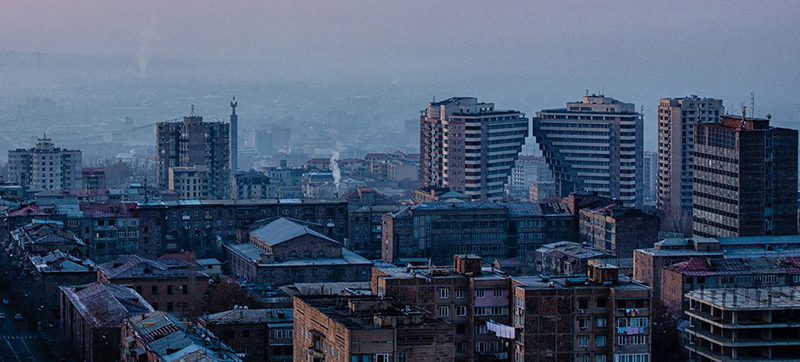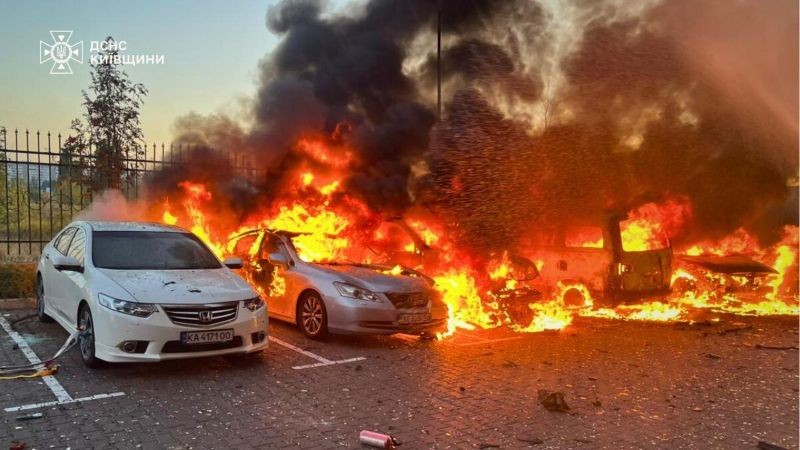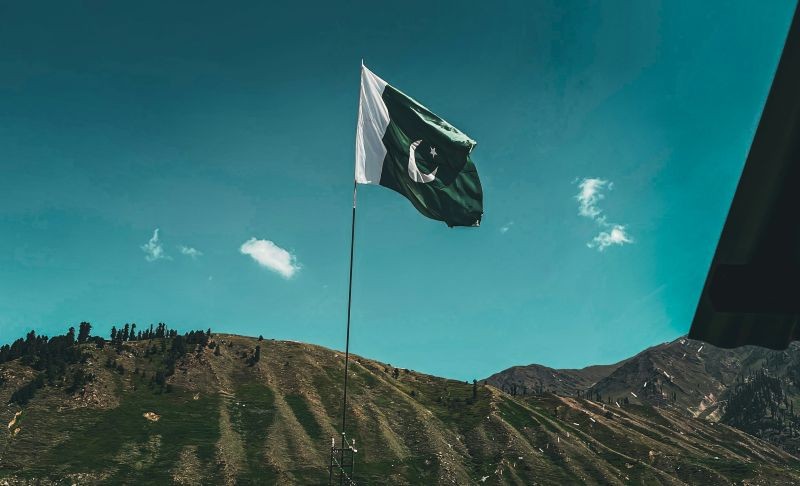Armenia: Rights experts commend laws to curb use of mercenaries

New York: Independent experts appointed by the UN Human Rights Council on Monday welcomed Armenia’s commitment to combat the use of mercenaries and private security companies, following an eight-day mission to the country.
The members of the UN Working Group on the use of mercenaries also called for greater oversight by the Government as well as stronger integration of human rights in domestic policies.
"Armenia stands out in its efforts to integrate the 1989 UN Convention on Mercenaries in its domestic legislation, specifically in Article 147 of the Criminal Code which provides for a definition of mercenarism in compliance with international law,” they said in a statement.
Still early days
During the visit, the experts gathered information on the laws and procedures criminalising mercenary activities.
They were informed that a regional court applied the legal framework to convict two Syrians charged with fighting alongside Azerbaijani forces during hostilities in 2020. Both received life sentences following a May 2021 trial that lasted only one day.
The experts noted that the application of the legislation is in its embryonic stage, and they encouraged the judiciary to guarantee that a victim-centred approach is applied in the future.
Private security companies
The Working Group also received information on the use of private security companies in Armenia.
“We welcome the amended law on private security activities, which establishes a clear regulatory framework for licensing and operations of private security service providers, including in the monitoring of demonstrations and crowd control,” members said.
Armenia has also initiated a reform on cyber security, and they urged the authorities to ensure that laws regulating the role of private security in cyber operations is human-rights compliant.
Oversight mechanism recommended
Noting the increased use of private security companies in the country’s mining industry, the experts also voiced concern over the alleged involvement of contractors, in dealing with concerns of local communities.
They strongly recommended establishing an independent oversight mechanism to monitor and oversee the private security sector.
“Regular trainings on the provision of human rights-compliant and gender sensitive security services should be systematically delivered to private security guards,” they added.
Full report to follow
While in Armenia, the Working Group held meetings in the capital, Yerevan, with governmental authorities, non-governmental organisations, and legal representatives. They also met with affected communities in the southern towns of Kapan and Goris.
Their full report containing findings and recommendations will be presented to the UN Human Rights Council in September.
The Working Group receives its mandate from the Council, which is based in Geneva.
The five members operate in their individual capacity and are not UN staff nor do they receive a salary for their work.



